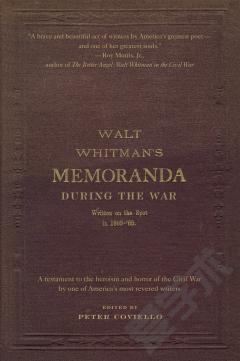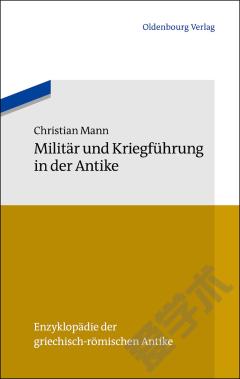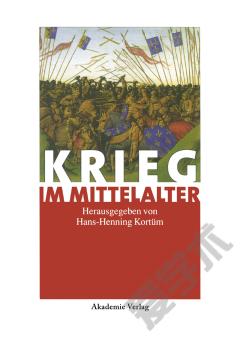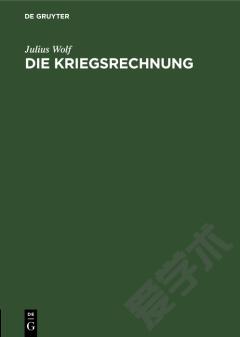War in an Age of Risk
Wars throughout history have been fought in the name of ideology, religion and the pursuit of peace. Our thinking about war -- when it is justified, how it should be fought and how it is perceived -- has changed dramatically over time. Whereas in the past war has been seen as a battle of wills, this provocative and illuminating new book shows how war has evolved into an exercise in risk management. In a rare blend of political science, sociology, history and cultural thought, Christopher Coker peels away the layers of meaning shrouding our current understanding of war and warfare. Using the ideas of writers such as Zygmunt Bauman, Ulrich Beck and Frank Furedi, he shows that risk has become the language of business, politics and public policy and so we should not be surprised that it has now become the language of war. The book highlights the increasing difference between homeland security and national security in the modern world, arguing that the defense of the citizen is often now more challenging than the defense of the state. By demonstrating the changing character and complexity of conflict from World War I to the current the current fight against terrorism, the book provides a powerful and highly distinctive account of the re-branding of war in an age of risk. This book is set to ignite debate amongst students and scholars of international politics as well as appealing to anyone interested in war and its place in contemporary society.
{{comment.content}}








 京公网安备 11010802027623号
京公网安备 11010802027623号